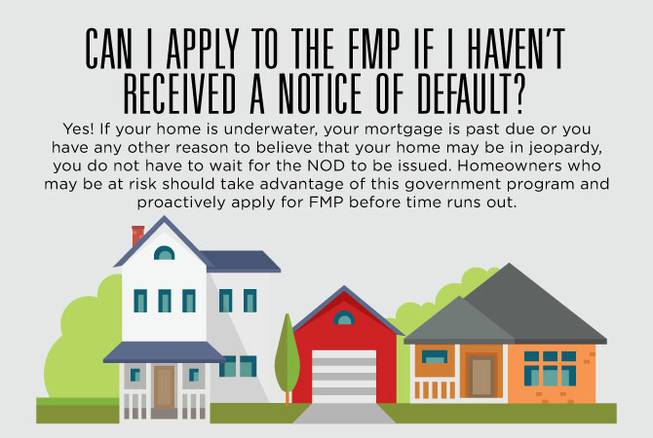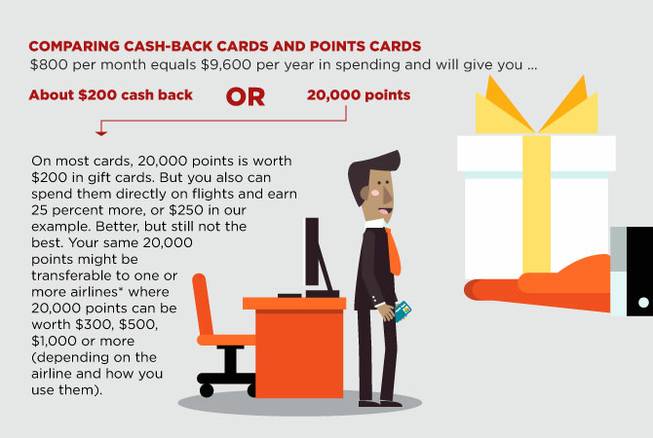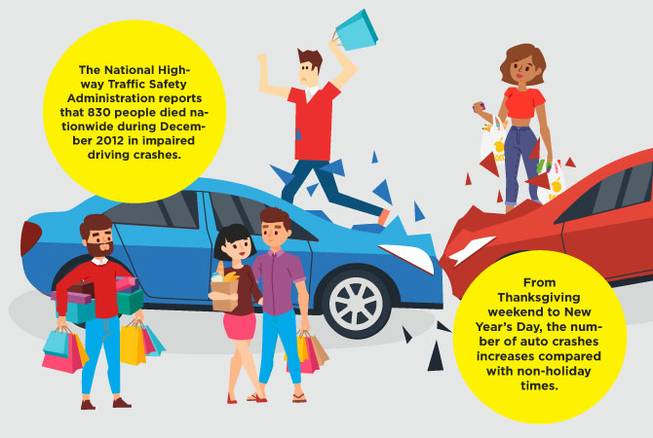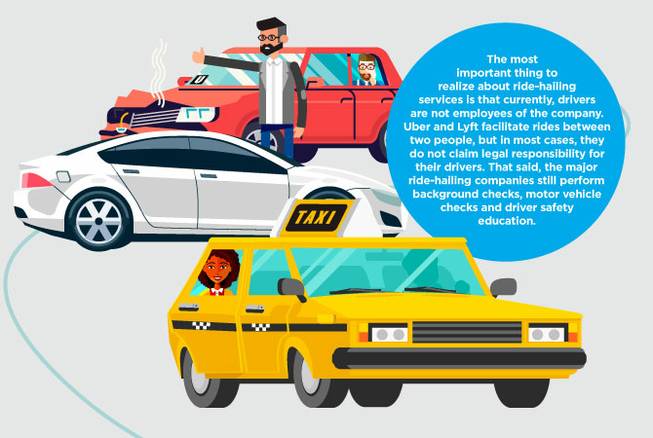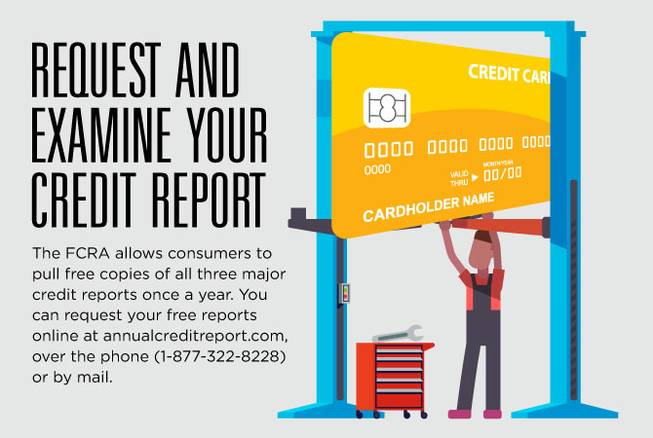
Question: There’s a bunch of stuff on my credit reports that isn’t right. Some of it isn’t even mine. I wrote letters questioning the incorrect line items, but almost everything came back as verified or accurate. I’m desperate, but I don’t know what to do.
Answer: There is a law called the Fair Credit Reporting Act (FCRA) that details what the Credit Reporting Agencies (CRAs) must do when a person detects an inaccuracy in a credit report. The FCRA outlines the steps required of the CRA, including that they must be able to explain their process and prove how they’ve determined the information on your consumer credit report is actually correct.
Generally speaking, this means the CRA must go back to the original creditor who put the line item on your report and verify the information. If there was a mistake, the CRA should correct it on your report. If they’re unable to find an error, your credit report will remain unchanged.
The problem with this system is that the original creditor is likely responsible for the bad information on your report in the first place. Because of this, they can “verify” the inaccuracies using the faulty information and the errors will remain.
If you’re sure the report is incorrect and the CRA has verified it anyway, it may be time to consider hiring an attorney, who will be able to file a complaint on your behalf without it costing you any money out-of-pocket. The FCRA mandates that the at-fault CRA is responsible for paying the consumer’s legal fees. In addition, if your lawyer proves inaccurate reporting, the court may award you up to $1,000, in actual damages or penalties, per error.
However, the CRA is only financially responsible for legal fees once they’ve incorrectly verified a claim. It is not responsible if it is able to resolve the dispute prior to that.
It’s important to monitor your credit report
There are three major CRAs that are creating credit reports: Equifax, Experian and TransUnion. In 2012, the FTC reported that 1 in 5 consumers had an error on at least one of those three credit reports. This means that if there is an error, you could have a drastically different credit score being reported from one CRA than you would have from another one without error.
Lenders, credit card companies, insurance companies, renters, employers, etc., can use any one of the three CRAs to check your credit report, so having just one with an error can lead to a big problem.
Finding and reporting the problem
1. Request and examine your credit report. The FCRA allows consumers to pull free copies of all three major credit reports once a year. You can request your free reports online at annualcreditreport.com, over the phone (1-877-322-8228) or by mail.
2. If there’s a problem, write a letter to the reporting agency. If something looks off, or the reports seem inconsistent, contact the specific CRA you believe has the flawed report. To open a dispute, you can write letters (recommended), submit your dispute online, or call the CRA directly.
3. Wait for a conclusion. From there, the CRA will open an investigation and respond with its findings, usually within 30 days. If it finds an error, it will correct the mistake and change your credit report. If the report is not corrected, consider contacting an FCRA attorney.
When do line items fall off your credit report?
• Paid tax liens can remain on your report for up to seven years from the date of payment.
• Accounts placed for collection or “charged-off,” can remain on your report for seven years.
• Civil suits, civil judgments and records of arrest usually fall off within seven years from the date of entry, or until the governing statute of limitations has expired (whichever is the longer time period). Note: In Nevada, judgments are renewable, so an open, unpaid judgment may remain on your credit report indefinitely.
• Discharged Chapter 13 bankruptcies generally fall off the report within seven years, though the law allows them to remain for up to 10 years.
• Most other adverse items of information (other than criminal convictions) can remain on the report longer. Note: There is a student loan exception to this.
• Cases under Title 11 Bankruptcy or under the Bankruptcy Act (Including Chapter 7 and dismissed Chapter 13 cases) fall off your report within 10 years (either from the date the order of relief was filed or from the date of adjudication).



